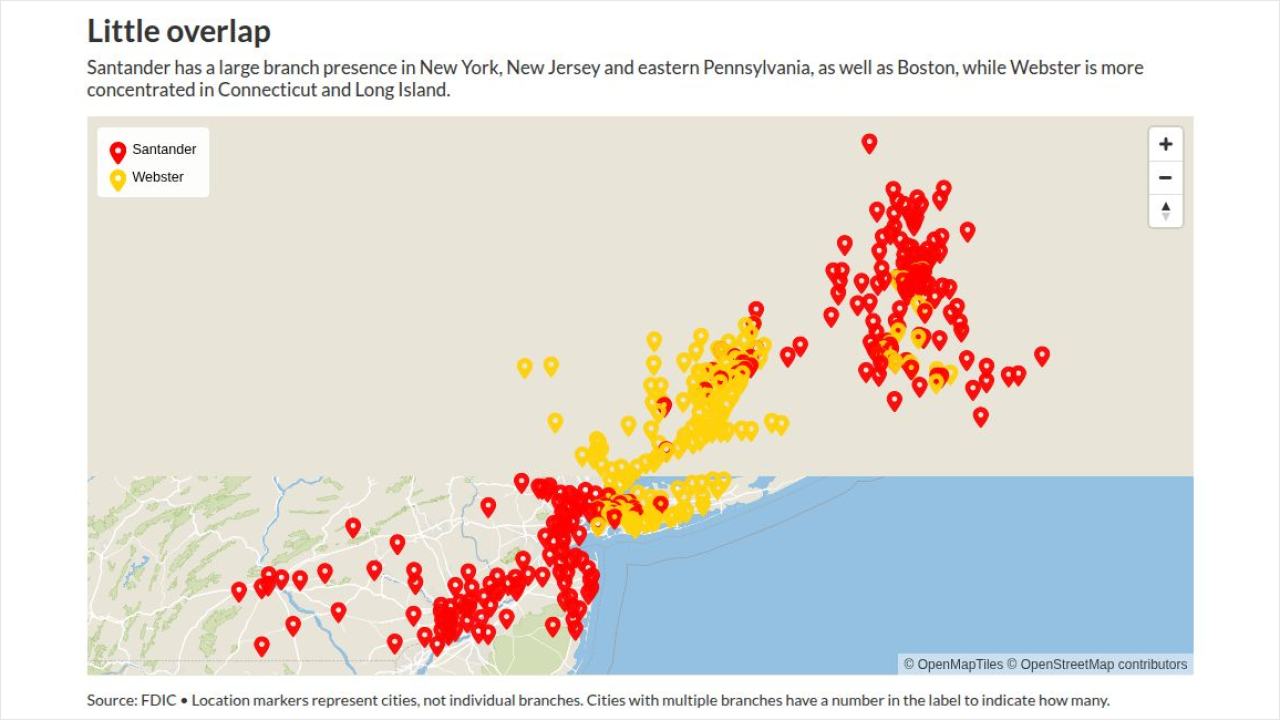While in a senior position with a bank years ago, I served on the executive committee and found myself regularly at odds with a few other members. I frequently grew exasperated by what I found to be ungrounded critiques made by some of them.
During a moment of unscripted and potentially ill-advised honesty, I suggested that the committee was often self-congratulatory without being self-critical enough.
I commented that life sure did appear great for all of us on the committee; whenever good news was reported, I suggested, we always figured out a way to pat ourselves on the back. Whenever something did not go according to plan, we often directed blame at folks in the field, thinking that it obviously was the fault of some clown out in the branches.
As I immediately began contemplating whether my resume was current, my boss spoke up. To my surprise, he was not mad at me. I began to breathe again.
After agreeing that there was a problem with the perception of work done in our branches, he declared, “I think we need a refresher on what our business looks like from the front lines.” He then told us that within the next 90 days, each member of the executive committee was going to spend an entire day in a branch, shadowing a branch manager.
He quickly added, “I’m not talking about a short visit or taking them to lunch. I’m talking open to close … and we’re going to do whatever duties those managers need us to do that day.”
He then said, “Dave, you go ahead and pair up each of us with a branch you think we should work in for a day. Get me the list by next week.”
As I fought to keep a smile from my face, I realized that if I was not the most unpopular person in that room before, I sure was now. During a subsequent coffee break, and out of earshot of the CEO, I received a few comments about learning to keep my mouth shut.
When I began informing some of my top-performing branch managers of the special visitors they were going to host, I realized they were even less excited about the visits than most members of the executive committee were.
One top-performing manager made me laugh. She said, “What have I done to offend you? How many new accounts do we have to open this week to be taken off of your host list?”
I told each of them that I had chosen them for a reason. They were our top people and the ones I felt most comfortable representing us. A few were good enough actors to pretend they were excited about hosting an exec for the day. Most were not.
But when the visits began, the minds and attitudes of both the executives and the branch managers started to change. One common response from the execs had me smiling in particular. Each executive, at the executive committee meeting following his or her branch visit, felt obliged to advocate to me on behalf of “their” branch manager.
Nearly all suggested that I keep an eye on their manager. He or she “was wonderful!” The executives “could not believe how many things he or she had to deal with on a daily basis!” Their manager was “deserving of a raise and/or promotion!”
Similarly, the branch managers expressed how much nicer and more down-to-earth “their” exec was than they expected. Some were honestly surprised at the backgrounds and previous career experiences of the executives that shadowed them that day.
Equally beneficial was how many of the execs came back with lists of things we “had to fix” for the teams out in our branches. Several were surprised at how many duplicative reports we were making people prepare when we would prefer that they be serving existing customers or courting new ones.
Others had maintenance and facilities improvement suggestions they felt were necessary to protect our brand. Almost all were items that had shown up in previous reports and presentations. However, they now felt more tangible and pressing to them.
I remember telling a few branch managers that they “moved the needle” on certain subjects more in one day than I had been able to do in several months.
To this day, I advocate that the senior-level folks in any organization be passionate about carving out time on their calendars to get out into the field for face time with the folks on their front lines.
There’s no denying that job demands and overbooked calendars can make it difficult for senior execs to get out into the field as often as they may like. However, I would argue that spending time in the field is more often than not some of the most productive and motivating blocks of time on the calendar for all parties involved.
When we step back and recognize that such a simple practice is mutually beneficial, most excuses we have tended to give for not scheduling such visits seem trivial. If it has been a while (and even if it hasn’t) since you have been out in the field, strive to create face time with your own front line this month.





